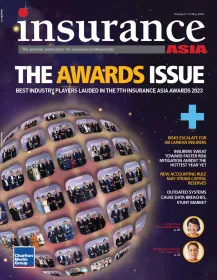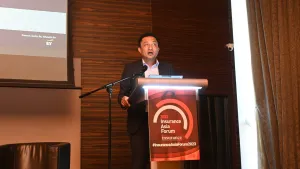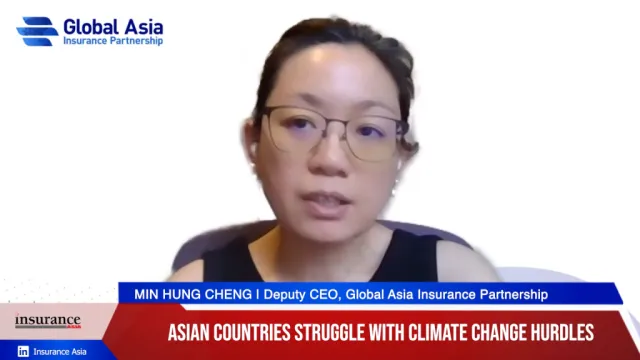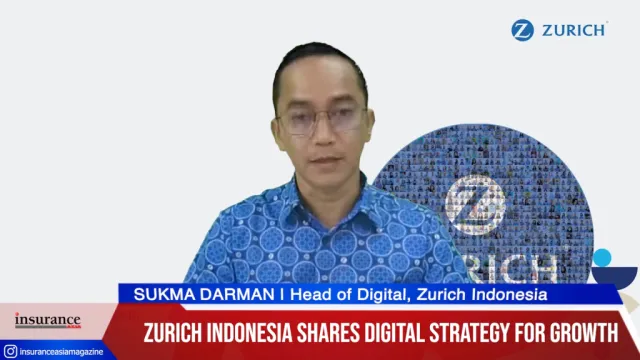
MSIG Thailand launches usage-based car insurance plan
CEO Rattapol Gitisakchaiyakul reveals the driving force behind the idea.
Not all drivers drive the same, so why should they pay the same premiums?
This is the question posed by MSIG Thailand as they launched Prakan Kubdee, or Good Driving Insurance, in partnership with mobile operator AIS in February 2021. Operating on the belief that not all drivers should be charged the same premiums, Prakan Kubdee calculates drivers’ premiums based on individual driving behaviours using an IOT device.
But the plan is not only exclusive in Thailand. In December 2020, the insurer’s parent company MSIG announced that it would be rolling out usage-based car insurance plans across Southeast Asia in partnership with auto marketplace Carro. Products will be launched in Indonesia and Malaysia.
The partnership with AIS came naturally as the two firms have been collaborating since 2019 for travel, home, liability, and personal accident products for online and offline channels, MSIG Thailand chief executive officer Rattapol Gitisakchaiyakul told Insurance Asia in an email interview.
“Voluntary motor insurance was not included then, and so it was natural for us to partner with AIS again when we developed this innovative product,” he said.
The country’s Office of Insurance Commission has also been very supportive of Prakan Kubdee as it is the first full scope of the regulator’s Insurance Regulatory Sandbox.
“They have recently established the Center of InsurTech, Thailand (CIT) to drive forward the country’s development in insurtech and regtech. CIT will focus on creating a tech ecosystem to integrate all concerned sectors, such as the insurance companies, banks, universities, major tech companies, tech startups, the government and also regulatory agencies,” he added.
The idea behind Prakan Kudbee arose during the pandemic-induced lockdown in Thailand where remote work gained traction and there were fewer cars on the road, explained Gitisakchaiyakul in an earlier press release. “There was no long-distance provincial travel, and now there is the option of park and ride with mass transit railways. This gave us the idea to develop auto insurance plans with reasonable premiums, only paying when actually driving, and no need to pay when not driving.”
Unlike other available auto insurance plans, Prakan Kubdee premiums are calculated from variables with big data analysis from MSIG Car Informatics using the on-board Diagnostic OBD II equipment, a small device attached to the vehicle which can capture deep variables and driving behavior values. The five key variables include distance, speed, journey time, time of the day driven, and area driven.
The plan has basic annual premiums starting at $211 (THB6,499) for Class 1 Insurance and Class 2 Insurance for $107 (THB3,299) for all coverage and vehicle model.
Through this method, clients can save on premiums by as much as 50%, the insurer said.
“We do not measure one variable against others but we will take all of them into account allocating the same calculation weightage to all five variables,” Gitisakchaiyakul explained.
In addition, premiums are being calculated on a daily basis and collected every month from the customer’s pre-arranged credit card automatically. Premiums can also be checked on the Prakan Kubdee app.
“With the current pandemic still evolving, movement restrictions could change from time to time and everyone’s routine will continue to adapt to such changes. Prakan Kubdee is designed to adapt with our customers’ commuting behavior,” Gitisakchaiyakul said.
Data being collected from customers’ vehicles are being hosted on Amazon Web Services (AWS) Cloud to ensure security and compliance controls, he assured.
Whilst MSIG Thailand is only focused on its AIS partnership for now, “with the advancement of insurtech and IoTs, and the support of the OIC, we will always be on the lookout to develop products that will benefit both the Thai people and bring about corporate growth for our company,” Gitisakchaiyakul said.
Photo courtesy of MSIG Thailand.











 Advertise
Advertise












